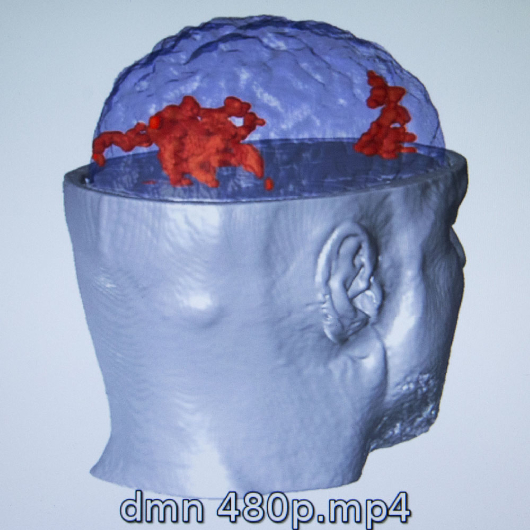Accera Announces 75% AD Patient Enrolment in Phase 3 NOURISH Study
Written by |

Accera, Inc. a clinical-stage biotechnology company based in Broomfield, Colorado, recently announced that 75% of patients have been enrolled in its NOURISH AD Phase 3 clinical trial assessing the efficacy of its investigational compound AC-1204 for the treatment of Alzheimer’s disease (AD).
The company is expecting to enroll a total of 480 AD patients for the first of two Phase 3 clinical studies evaluating AC-1204, a drug aimed to address the metabolic brain deficiencies found in patients with AD.
“The NOURISH AD trial is progressing well, and we expect to complete enrollment mid-next year,” said in a recent press release Accera’s President and CEO, Dr. Charles Stacey. “The repeated failure of pipeline drugs for Alzheimer’s disease emphasizes the need to explore new mechanisms in order to identify new options for patients. The NOURISH AD study represents a differentiated approach to tackling this disease.”
“Instead of addressing amyloid or tau, AC-1204 addresses the metabolic defects seen in the disease,” added in the press release Samuel Henderson, Ph.D., Accera’s vice president of research and development and the study’s director. “The only way we can beat Alzheimer’s is by testing new drugs in studies like NOURISH AD. We are grateful for the support of all of the patients, caregivers and investigators who have joined us in the effort to find new treatments.”
The NOURISH AD is a double-blind placebo-controlled, randomized, parallel-group, 26-week Phase 3 Clinical trial that is examining the clinical outcomes of AC-1204 given daily to patients with mild to moderate AD. The trial is being conducted in 90 research sites and intends to enrol about 480 AD patients.
The study primary and secondary endpoints include the effects of AC-1204 on cognition and memory assessed by the Alzheimer’s Disease Assessment Scale-cognitive subscale (ADAS-Cog) and global function assessed with the Alzheimer’s Disease Study Cooperative Study – Clinicial Global Impression of Change (ADCS-CGIC) following a period of 26 weeks in patients that do not carry the epsilon 4 variant of the gene apolipoprotein E (APOE4).
The clinical trial also includes the assessment of quality of life and daily living activities in patients with mild to moderate AD.





